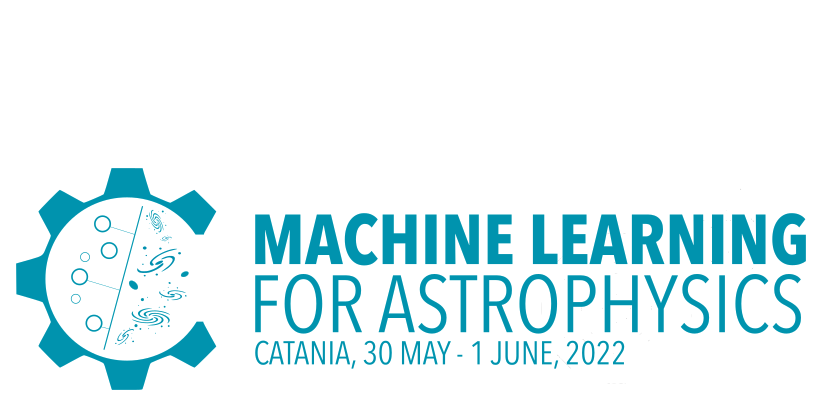Speaker
Description
Over the last 2 decades machine learning (ML) algorithms have become increasingly popular in astronomy. Several photometric sky-surveys have been conducted and even more are planned for the near future covering a large spectral range. To explore this large amount of data is necessary to apply automatic techniques.
In this talk, I will present the results of the application of ML algorithms to identify new symbiotic stars and planetary nebulae candidates. Despite the small training samples, the performance of the models turns out to be sufficient. For specific problems in astronomy, the combination of data from different spectral wavelengths(different surveys) may be more crucial than the size of the training samples. The detection rate of symbiotic stars spectroscopic discoveries has increased by a factor of three compared to previous attempts.
| Main Topic | Image segmentation, object detection and classification |
|---|---|
| Secondary Topic | Data mining |
| Participation mode | In person |

